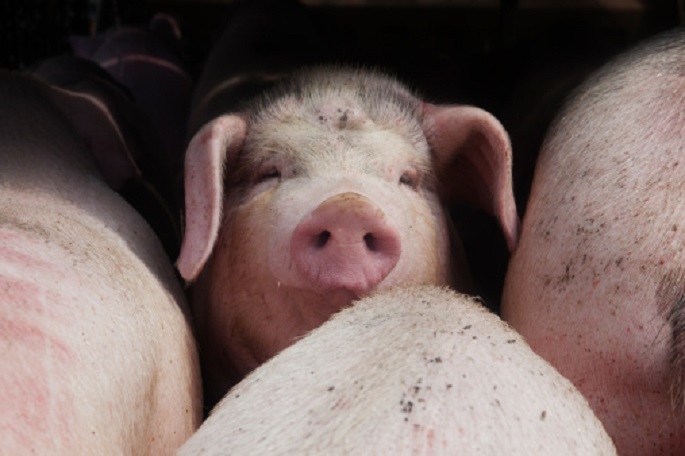It can be quite tempting not to pass up a plate of braised pork belly or hong shao rou, but knowing the current price of pork in the market might persuade one to just settle for a bowl of good ol’ vegetable dish.
Based from how much a kilogram of pork sells at present, there is an alarming 60-percent increase on its price, reported CRIEnglish.
According to statistics, the price for a kilogram of pork almost reaches 20 yuan. Last year, given the same period of time, 1 kilogram cost less than 10 yuan.
The site said that at this time of the year, given that the major festivities associated with the country’s celebration of the Lunar New Year were far over, the price of pork should not be high.
Apparently and unexpectedly it did not. It started to go up beginning March, upsetting consumers by the 10-percent increase it gets every week.
According to the Ministry of Commerce, during the first week of April, in 36 big cities in the country, the lowest price a kilogram of pork could get is 25.34 yuan, reported China News Service.
The ministry said that since Oct. 2011, the price of pork per kilogram has never reached that high.
And this price hike happens in a country brimming with pork-loving, carnivorous people.
According to the Ministry of Agriculture, the Chinese consumed 60 million metric tons of pork in 2015, reported CCTV America. This translates to one Chinese eating a total of 42 kilograms of pork last year.
The Sydney Morning Herald was indeed right in saying that China is “the world's biggest pork consumer.”
Feng Yonghui, an analyst, said that the price of pork, as he would predict, may increase again in July, reported CRIEnglish.
The country’s import of pork for this year may reach up to 1 million metric tons, according to Reuters. In 2015, it imported 777,000 metric tons.



























